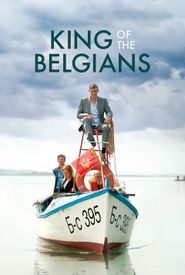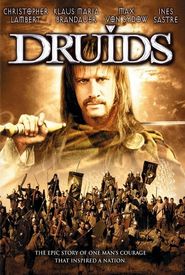Yuri Angelov, a renowned Bulgarian actor, was born on November 13, 1949, in the picturesque village of Totleben, Pleven. He graduated from the prestigious National Academy for Theatre and Film Art in 1973, under the tutelage of the esteemed Apostle Karamitev.
Angelov's professional journey began on the stage of the Drama Theatre, Sliven, where he made his debut in the role of Volodya Busigin in Alexander Vampilov's "More eldest son". He later joined the troupe of the National Theatre "Ivan Vazov", where he worked alongside some of Bulgaria's most celebrated filmmakers, including Grisha Ostrovsky, Mladen Kisselov, Krikor Azaryan, Assen Shopov, Ivan Dobchev, and Alexander Morfov.
Throughout his career, Angelov has had the privilege of sharing the stage with an impressive array of talented actors, including Tanya Masalitinova, Margarita Duparinova, Dobrinka Stankova, Violeta Gindeva, Lubomir Kabakchiev, Georgi Georgiev-Getz, and Sava Hashamov.
The Bulgarian audience remembers Angelov fondly for his iconic role as Kircho the Frog in the film "Dressing of Venus". Twenty years after leaving the National Theatre, he made a triumphant return to the screen with his portrayal of Rasputin, a Russian mobster, in the series "Seven Hours Difference".
Angelov's decision to leave the hustle and bustle of city life and establish himself in the peaceful village of Fazanovo was heavily influenced by the words of his teacher, Apostle Karamitev: "How not realized that this life is one big masquerade". Many declared him insane for his choice, but Angelov responded with a quote from Hamlet: "I'm crazy, but this is crazy system".
For Angelov, the key to this system lies in the beauty of Strandzha fields, his beloved mare Sorrento, and his passion for agriculture. He considers himself a happy man, having fulfilled all his dreams, including owning a donkey, a waterfall in his yard, and a spacious gazebo in the crown of a tree.
One dream remains unfulfilled, however: to play the final role of Apostle Karamitev in Luigi Pirandello's eponymous play, Henry the IV. Today, at the age of 64, Angelov reflects that fame no longer affects him, as he has experienced and is not clinging to his profession. He emphasizes the crucial role of the actor in society, as the spiritual crisis is far more devastating than the physical.




















